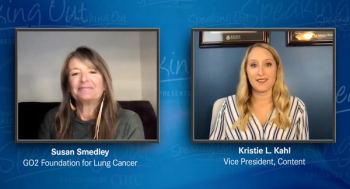
Susan Smedley, national manager of community fundraising and endurance events at GO2 Foundation for Lung Cancer, offers resources for patients with lung cancer and their loved ones, as well as ways to get involved in the community.

Susan Smedley, national manager of community fundraising and endurance events at GO2 Foundation for Lung Cancer, offers resources for patients with lung cancer and their loved ones, as well as ways to get involved in the community.

Susan Smedley, national manager of community fundraising and endurance events at GO2 Foundation for Lung Cancer, discusses quality of life in lung cancer, and ways patients can communicate preferences to their health care providers.
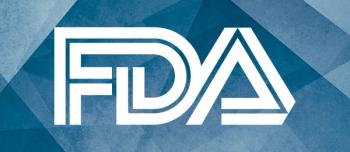
The Food and Drug Administration will offer guidance and expedited review to CLN-081, a novel drug that is promising for the treatment of EGFR exon 20-mutated non-small cell lung cancer.
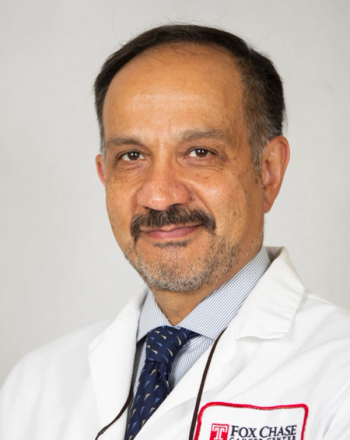
An oncologist from Fox Chase Cancer Center in Philadelphia explains the early career mentorship that inspired his successful lung cancer career.
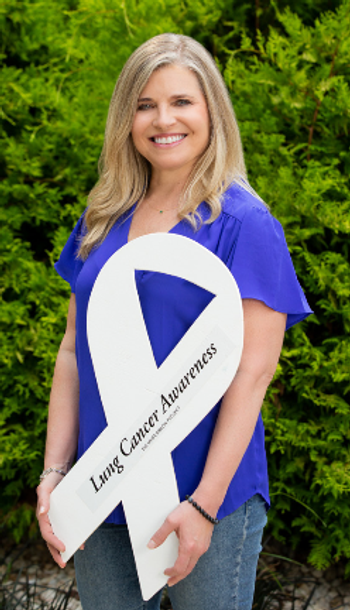
Not having known much about lung cancer, a woman describes her shock at receiving a diagnosis despite being a non-smoker.
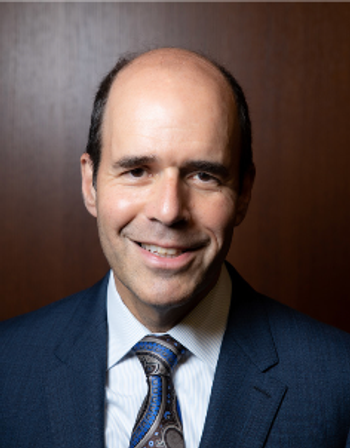
A lung cancer doctor explains how he got lucky to fill in a role in the lung cancer space, and his career and passion took off from there.
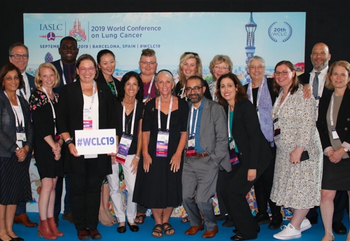
A woman who has worked with Upal Basu Roy in the lung cancer space for many years explains why he is a lung cancer hero to everyone he has worked with, due to his dedication and empathy.
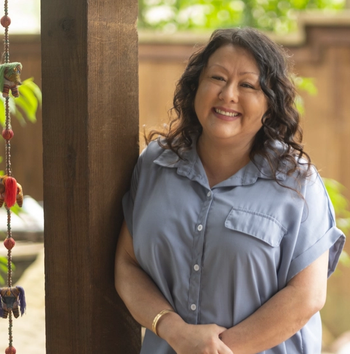
A lung cancer survivor describes a passionate advocate who has changed the world of many patients.

A man writes about how his wife’s doctor saved her life after she was given three weeks to three months to live.
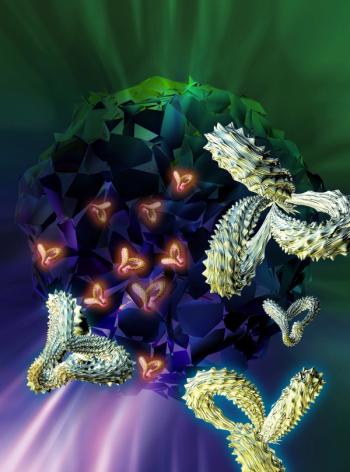
The use of immunotherapy in patients with advanced cancers and decreased fitness levels or organ function increased from 2014 to 2019, although trials for this treatment typically exclude this population.
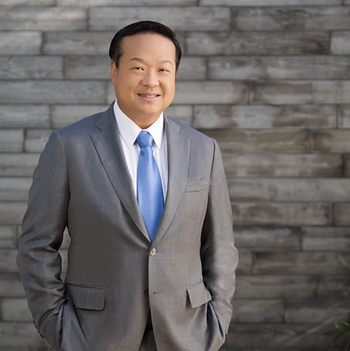
A colleague describes Dr. Edward S. Kim’s devotion to improving lung cancer care and creating more inclusive clinical trial practices.

Many individuals were affected by cancer in the year 2021, including those in the spotlight. Here’s a roundup of the most-read cancer-related news impacting celebrities this year.

A woman writes about the unique lung cancer advocate who leads his endeavors with his heart for change.
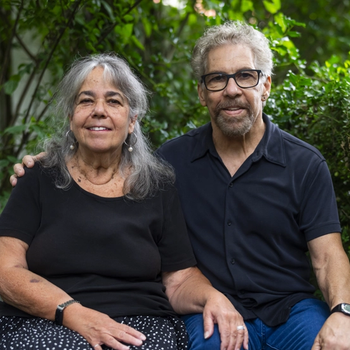
After receiving an advanced non-small cell lung cancer diagnosis, a competitive runner and cyclist began running toward a new goal: becoming a lung cancer advocate.
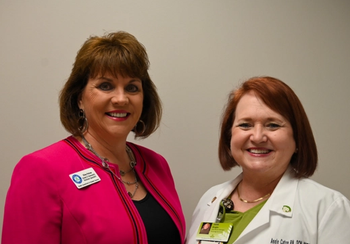
Ellen Petree worked with local health care leaders and community nurses to help reduce the number of children who went on to use tobacco, lowering their risk for lung cancer.

As treatments for NSCLC improve survival, this benefit may be affected by depression and anxiety, which is common in patients with the disease and may require patients to advocate for cognitive behavioral therapy among other approaches.

A man writes about his wife’s oncologist, Dr. Frederic J. Kaye, and describes how he went above and beyond to provide supportive care during her lung cancer journey.
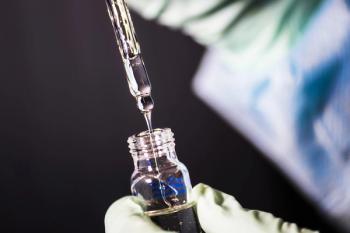
There are many cancer clinical trials that patients can enroll in across the United States. Here is a snapshot of some of the more recent ones.
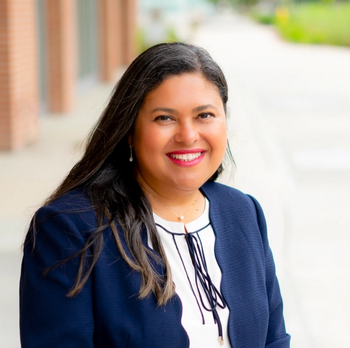
A colleague describes Dr. Nagla Abdel Karim’s exemplary compassion for patients with lung cancer and how she works hard to increase representation in cancer clinical trials.
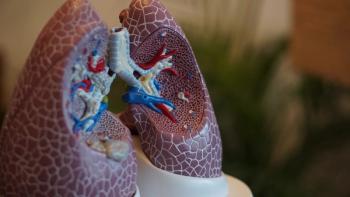
CURE® took a look back at our most-read lung cancer stories from this year.

A cancer survivor describes an inspiring close friend who has been dealing with cancer for 13 years and refuses to give up.

A woman explains how her close friend achieved remission from stage 4 lung cancer after being treated by Dr. Bret Friday – a superhero in her book.

From Kathy Griffin sharing that she is now cancer free to Michael Bublé discussing his son’s cancer journey, here’s what’s happening in the cancer landscape this week.

A lung cancer survivor explains how a serendipitous friendship with her stepson’s girlfriend’s aunt changed her life.
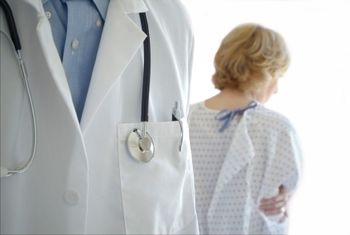
The first patient was randomized in the phase 2 trial examining Tedopi and Opdivo for non-small cell lung cancer.